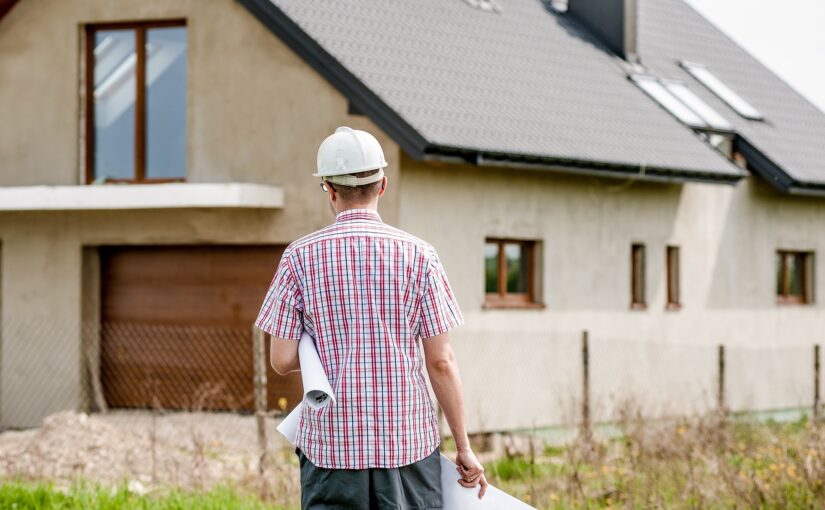Let’s talk Houses Africa! The African real estate market is an exciting and rapidly growing one. With a population of over 1.2 billion people, it’s no surprise that the demand for housing in Africa is increasing.
The African real estate market is on the rise, with more and more people looking to invest in property in the continent. With its diverse landscape, booming economies, and attractive housing markets, Africa is becoming an attractive destination for real estate investment.
From luxury villas to affordable apartments and houses, the African real estate market offers a wide range of options for investors.
So, if you’re interested in learning more about what’s happening in Africa’s real estate sector, read on!
Houses Africa – Opportunities & Challenges
Investing in African real estate can be a great way to diversify your portfolio and take advantage of the many opportunities the continent has to offer. However, it is important to understand the challenges that come with investing in African property, from navigating complex legal systems to understanding local customs and regulations.
Getting started can be scary if you don’t know where to begin. Whether you want to buy a house in South Africa, Nigeria, or Kenya…
With property investment opportunities abound, you can take advantage of the potential for high returns and long-term appreciation.
Unlocking the Potential of Africa’s Booming Real Estate Market
Africa is a continent of immense potential and its real estate market is no exception. With the right investments in infrastructure and policy, African countries can unlock their potential to become global leaders in the real estate industry.
African countries can maximize the value of their real estate markets while creating more jobs and economic opportunities for citizens. By carefully analysing the market, investors can make informed decisions about where to invest in Africa’s booming real estate market. As the continent continues to develop, it is essential that we unlock the full potential of its real estate market to benefit all stakeholders involved.
How to Choose the Right Location for Your Property Investment?
Choosing the right location for your property investment can be a daunting task.
Africa is an emerging market with many potential opportunities for property investments. With the right research and understanding of the factors that need to be considered, you can find the best locations for your investments in Africa.
Of course, the general rules apply like in any other real estate investment: the location has to be with jobs and low crime rates.
What are the Risks Involved with Investing in African Real Estate?
There are some risks that you should be aware of before taking the plunge.
Some of the potential risks are:
- It may take a long time to see a return on your investment
- If you buy in an emerging market, you may not be able to get it out
- In some countries, the government might impose restrictions on international capital and make it harder for foreigners to acquire property.
- There is usually not much reliable local information about real estate in Africa
- There is no guarantee that the price of property will go up as soon as you buy it. It might take years before the value goes up
Conclusion: Houses Africa – Booming Real Estate Market
Africa’s real estate market is one of the most promising and exciting markets in the world. With a rapidly growing population and a booming economy, it is no wonder that people are looking to invest in African property.
Whether you’re a first-time homebuyer or an experienced investor, Africa has something for everyone. From luxurious villas to affordable apartments, Houses Africa offers a wide range of properties to suit any budget. So, if you’re looking for an investment opportunity with huge potential, look no further!


